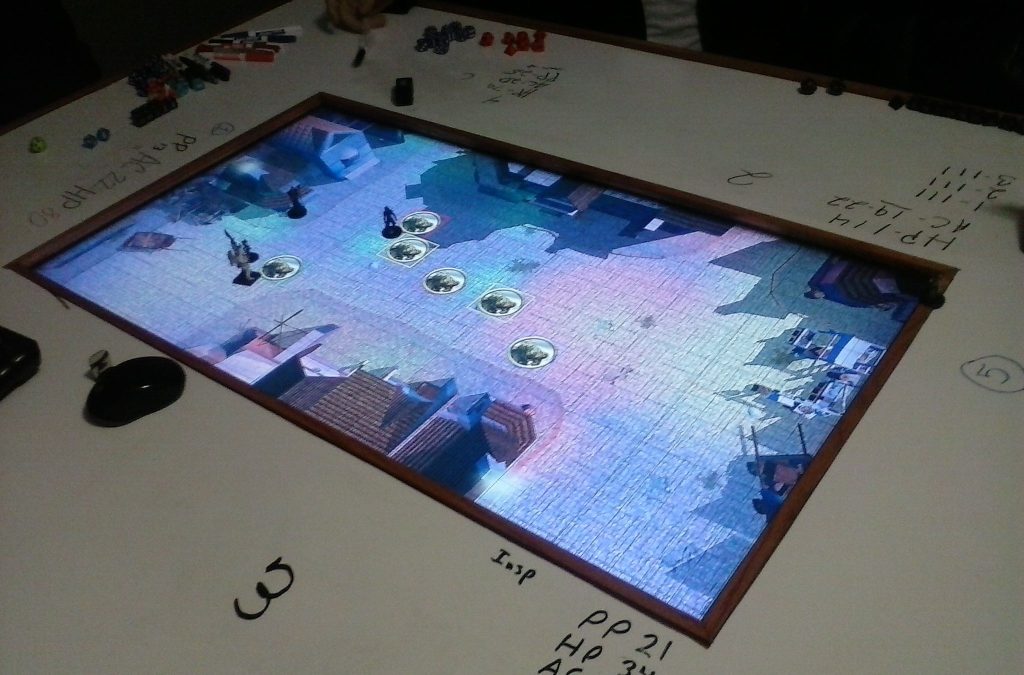
When it comes to game design, inspiration can be found in various sources. One unexpected but significant influence on digital game design is the world of board games. While board games and digital games may seem worlds apart at first glance, the underlying mechanics, strategies, and player engagement found in board games have made a significant impact on the development of digital games. In this article, we will explore how board games have influenced the design and evolution of digital games.
Diverse Mechanics and Strategies
Board games offer a rich variety of mechanics and strategies that have been implemented in digital games. From resource management and worker placement to deck-building and hidden movement, board games showcase an extensive repertoire of game mechanics. Digital game designers have taken inspiration from these mechanics and adapted them to create exciting and engaging gameplay experiences.
For example, the concept of worker placement, where players strategically assign their workers to different tasks, has been successfully translated into digital games. Titles like Stardew Valley and Overcooked borrow this mechanic to add depth to their gameplay, allowing players to make meaningful decisions and manage their resources effectively.
Moreover, deck-building games have experienced a surge in popularity in recent years, both in the digital and physical realm. Games like Slay the Spire and Hearthstone have embraced the strategic mechanics of deck-building seen in games like Dominion and Ascension, presenting players with an evolving and diverse set of cards to shape their gameplay experience.
Engaging Player Interaction
Board games have also heavily influenced the way digital games encourage player interaction and foster social connections. One primary aspect of board games is the physical presence of players around a table, interacting with each other in real-time. This social aspect has shaped the development of digital games, leading to online multiplayer experiences and cooperative gameplay.
Online gaming platforms and digital distribution methods allow players from around the world to connect and play together, simulating the experience of sitting around a table and enjoying a board game. Cooperative games like Pandemic and Gloomhaven have been digitally adapted to facilitate teamwork and collaboration, providing an online space for players to strategize and overcome challenges together.
Strategic Thinking and Decision-Making
Both board games and digital games require strategic thinking and decision-making skills. However, board games often necessitate a higher level of strategic planning due to their physical limitations, lack of automation, and turn-based nature. Digital games have learned from this aspect of board games, resulting in titles that demand strategic thinking and offer deep decision-making opportunities.
For instance, the popular game XCOM: Enemy Unknown blends the turn-based tactics of board games with an immersive digital setting. Players must carefully plan their moves, manage resources, and make critical decisions in their mission to defend Earth against invading aliens. The success of this game lies in its ability to recreate the strategic engagement found in board games within a digital environment.
Revitalizing the Tabletop Gaming Experience
Interestingly, the influence of board games on digital game design has come full circle. As digital games become more prevalent, many developers have started creating digital adaptations of beloved board games. Titles such as Carcassonne, Ticket to Ride, and Catan have made successful transitions from tabletop to screen, allowing players to enjoy their favorite board games in a digital format.
These digital adaptations offer convenient ways to play and introduce new players to the world of board games. They often provide tutorials, rule enforcement, and the opportunity to play with friends online. By revitalizing the tabletop gaming experience, digital adaptations have expanded the reach of board games and brought them to a wider audience.
In conclusion
Board games have had a profound influence on the design and evolution of digital games. From mechanics and strategies to player interaction and decision-making, the world of board games has provided a wealth of inspiration for digital game designers. The cross-pollination between these two mediums has resulted in engaging, strategic, and immersive digital gaming experiences while simultaneously revitalizing the appeal of traditional board games in a digital age. The influence continues to shape the future of game design as designers draw from the best of both worlds to create innovative, captivating experiences for players around the globe.


